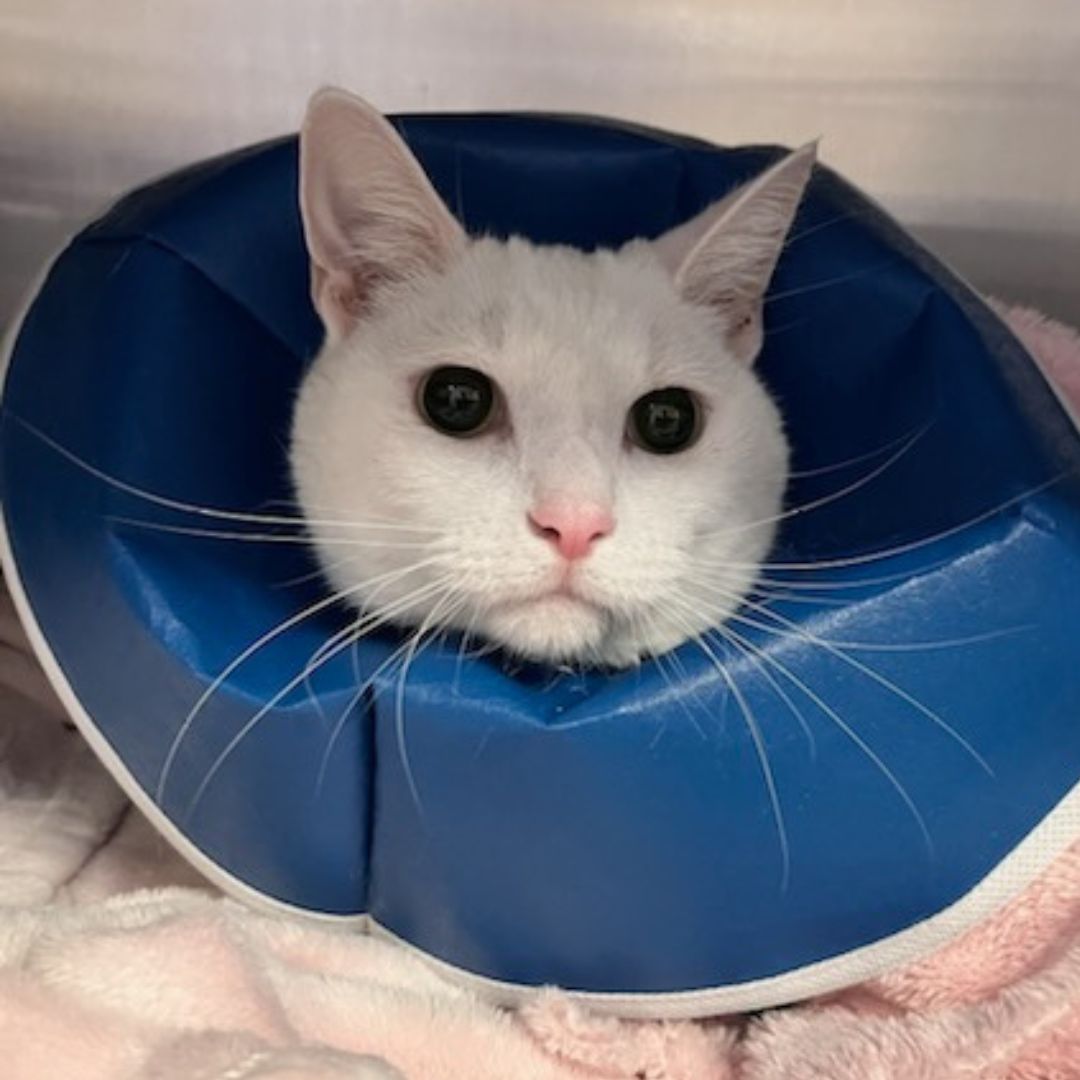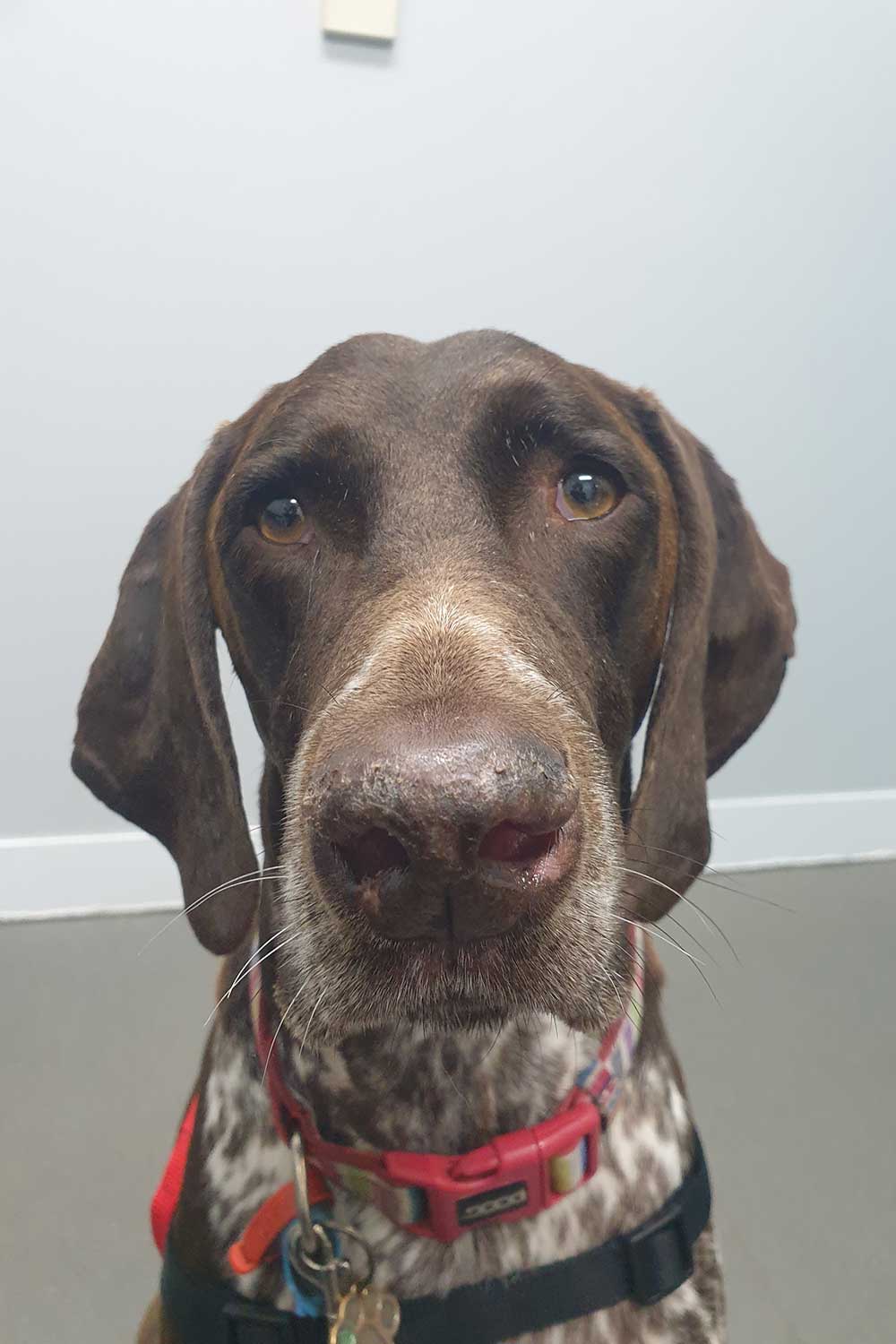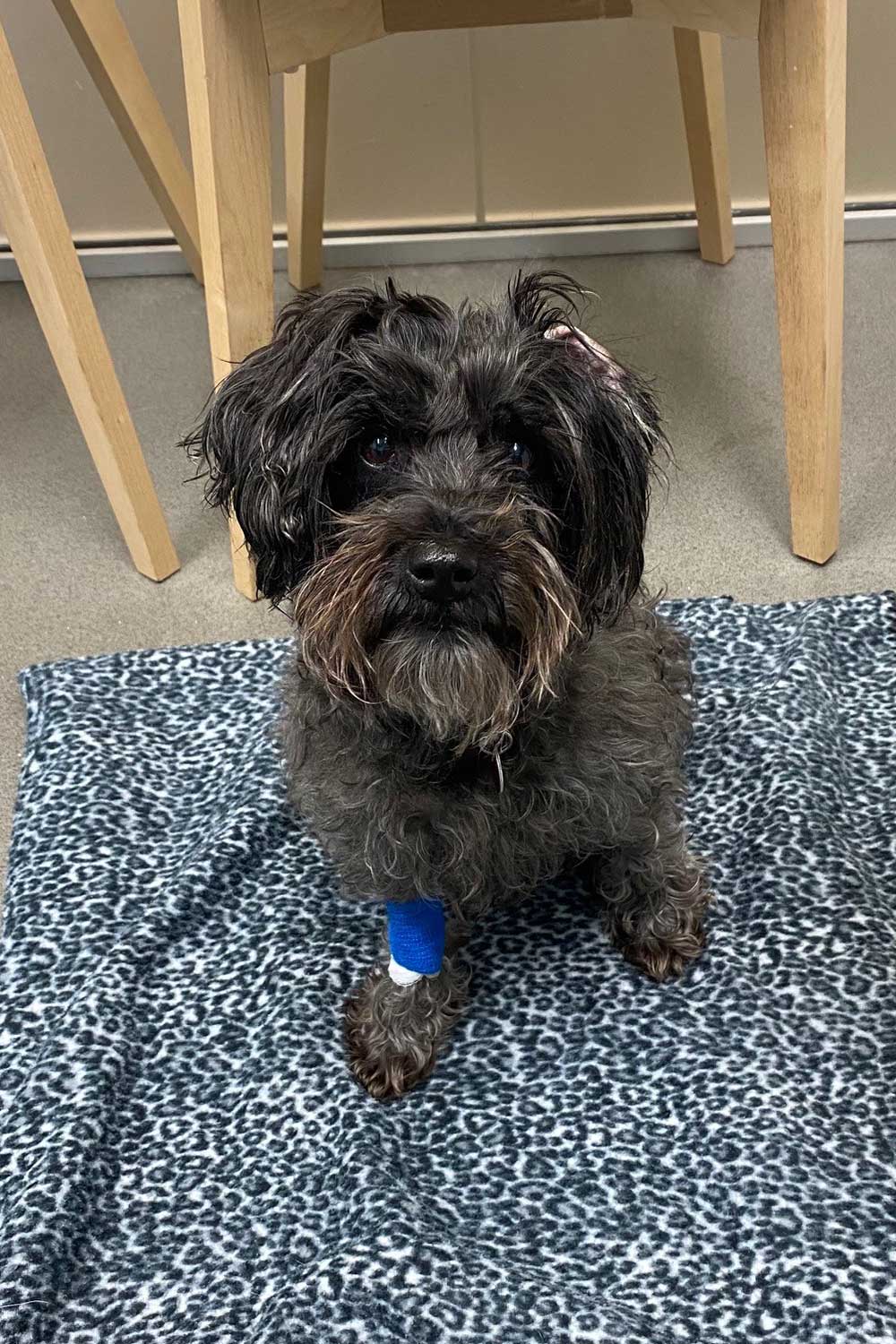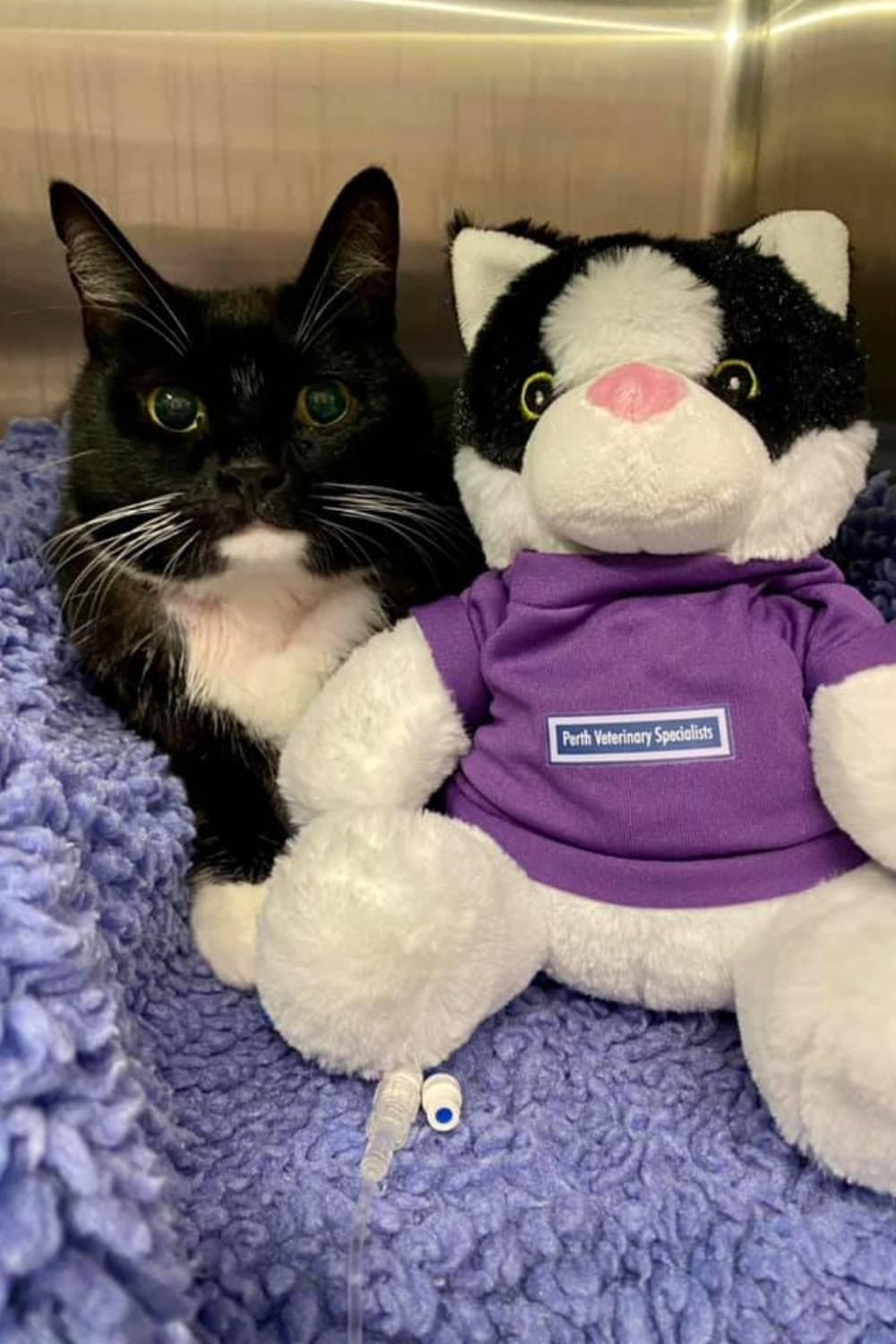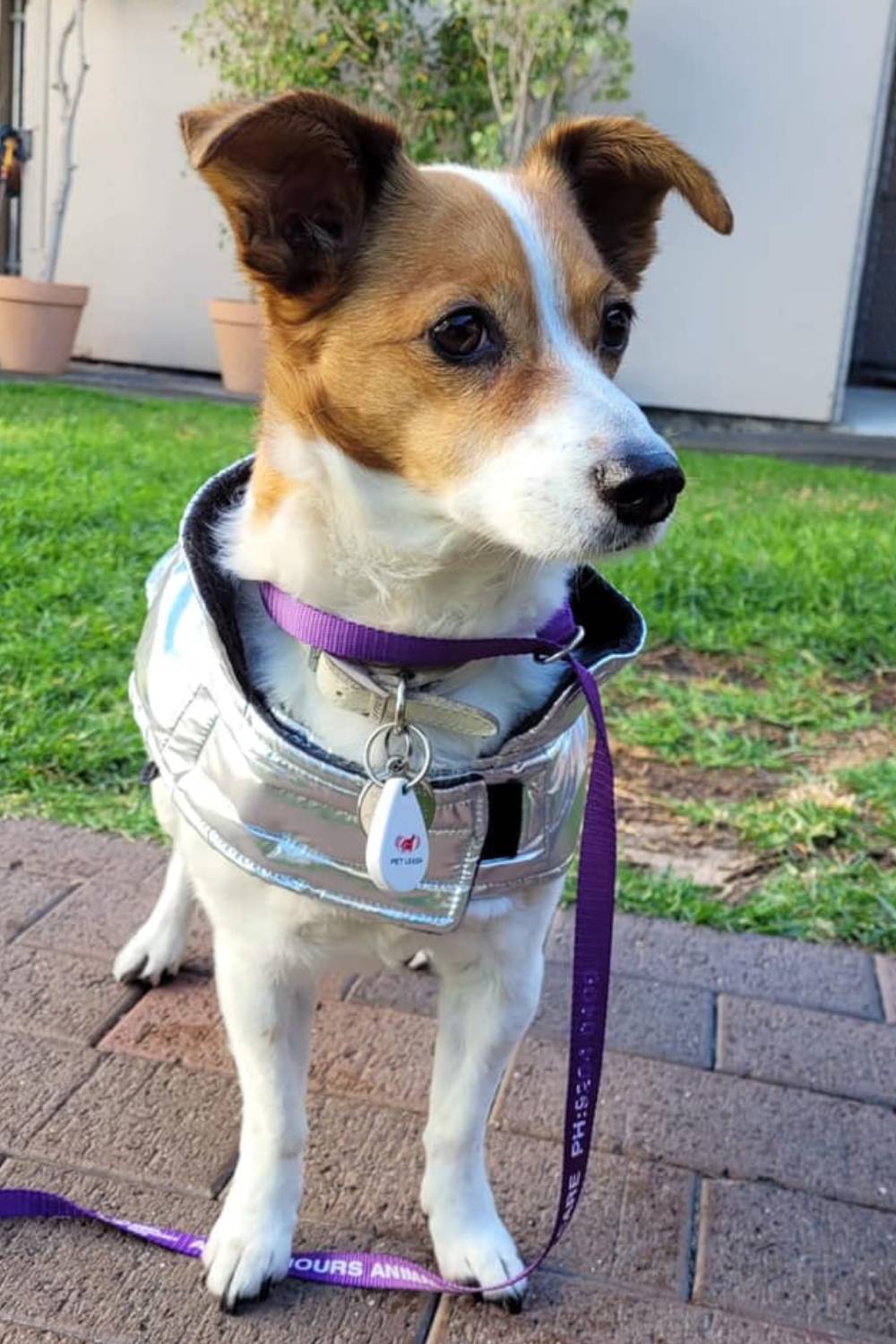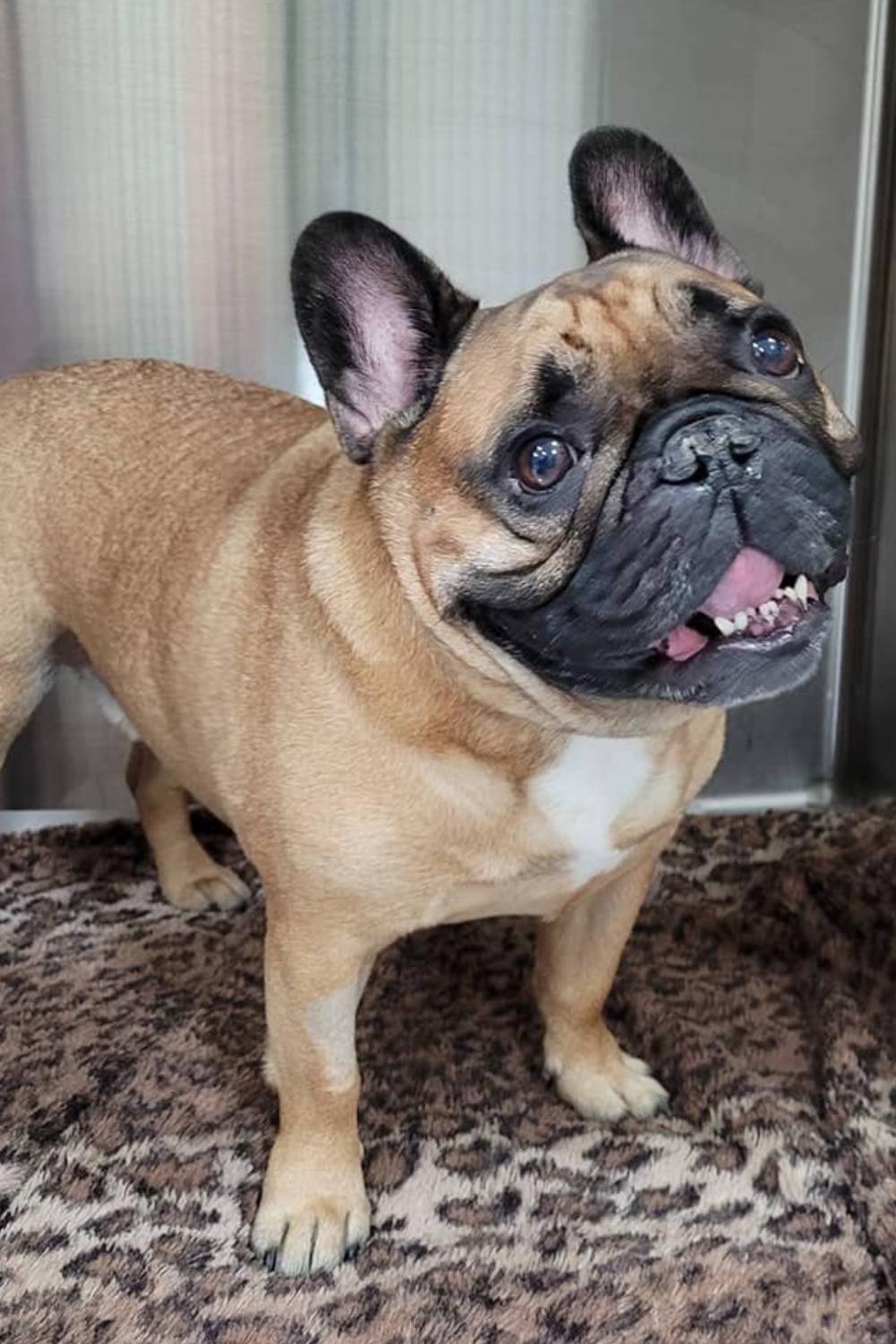Internal Medicine
The PVS Internal Medicine team focuses on diagnosing and treating medical diseases in dogs and cats.
Pets experiencing symptoms that cannot be diagnosed or treated by your primary care veterinarian can be referred to an internal medicine clinician for more specialised care.
Comprehensive Treatment Plans
Once referred from your regular veterinarian, our internal medicine clinicians will create a diagnostic plan by completing a thorough physical exam of your pet. Based on your pet’s needs, they will then develop a comprehensive treatment plan.
What our internal medicine team can help you with, the Internal Medicine department specialises in the diagnosis and treatment of complex medical problems.
The Medicine service has experience with many advanced procedures and diagnostic methods, including endoscopy, CSF collection, ECG interpretation, bone marrow collection and minimally-invasive biopsy techniques.
Some of the problems that we regularly diagnose and manage include:
- Heart disease – including investigation of murmurs and arrhythmias and management of heart failure.
- Breathing problems and coughing – including lung and airway diseases and pleural effusions
- Nasal disease – sneezing and nasal discharge or nasal bleeding
- Brain and other neurological problems including seizures, meningitis and weakness
- Blood disorders including anaemia, immune mediated disease and bleeding problems
- Persistent vomiting and diarrhoea
- Endocrine (hormonal) disease such as diabetes mellitus, thyroid disease and Cushing’s disease
- Urinary problems including stone disease, chronic kidney disease, incontinence and recurrent urinary tract infections
- Infectious diseases
- Cancer (read more about Oncology Link to onco)
- Liver diseases – investigation of jaundice & increases in liver enzymes and management of portosystemic shunts
- Unexplained fever, lethargy, weight loss
- Gastrointestinal tract disease eg persistent vomiting, diarrhoea
- Managing multiple or complex medical conditions
We also have advanced experience in minimally invasive procedures such as endoscopy. We can perform endoscopy procedures which help visualise the internal surface of organs. We can then take samples to aid in diagnosis of the upper and lower gastrointestinal tract in gastrointestinal disease; the major airways for lung disease and the urethra and bladder in urinary tract disease.
- As a referral practice we work in conjunction with your local family vet to optimise the care of your pet both during initial treatment and long-term if needed.
What is Internal Medicine?
Internal Medicine is the medical speciality concerned with the diagnosis, management and nonsurgical treatment of unusual or complicated diseases. The types of diseases seen by internal medicine are wide and varied and include diseases of different organ systems for example: kidneys (nephrology), liver (hepatology), lungs (pulmonology), blood system (haematology), central nervous system (neurology) and immune-system (immunology) as well as diseases that may affected multiple body systems at the same time, such as infectious disease or cancer.
Many animals show signs like vomiting, diarrhoea, coughing, excessive drinking, malaise, weight loss/weight gain, anaemia and fever that don’t obviously relate to a specific body system or disease. Sometimes, if a case is found to have a non-medical disease, and, for example, needs surgery or cancer treatment, it may be transferred to another service within Perth Veterinary Specialists for ongoing treatment.
Advanced Medical Procedures
Treatment of fungal nasal disease
Fungal disease of the nasal cavity, often due to Aspergillus and Cryptococcus species, is common in WA. Diagnosis is often aided by rhinoscopy (see endoscopy section above) and treatment of Aspergillosis requires applying anti-fungal medication directly to the nasal cavity and frontal sinuses.
Bone Marrow Sampling
Why is bone marrow collected and examined?
The bone marrow produces many of the cells found in blood, including red blood cells, white blood cells and platelets. If abnormalities with any of these components are detected during blood sampling, examination of the bone marrow may be required to investigate the problem.
What sorts of problems justify a bone marrow evaluation?
The most common reason for examining the bone marrow is a shortage of a particular cellular element in the blood. Examining the bone marrow can help determine the cause and may help to predict what the outcome might be. Bone marrow evaluation may also be done to look for certain types of cancer. Some cancers arise in the bone marrow and others may spread to there. Examination of the bone marrow gives a better understanding of the cancer.
Which bone is the marrow collected from?
Although many bones contain marrow, samples are routinely collected from the front leg, just below the shoulder. Other sites where the sample is commonly collected from include the hip bone and the top of the thigh bone.
How is the sample collected?
At the start of the procedure, pets are deeply sedated so that they will remain calm and still during the procedure. This sedative includes pain killers which will provide comfort and ensure no pain is felt during or after the procedure. A small area of hair is clipped away from the skin and this area is surgically prepared, meaning it is cleansed and disinfected. Local anaesthetic is placed under the skin to desensitise the area. A small nick is made in the skin with a sterile scalpel blade and a needle is inserted to take a sample of bone marrow. This small skin opening is then closed with tissue glue which will fall off by itself once the wound has healed. The sample, called a bone marrow aspirate, is spread on a glass slide, dried, stained with special dyes and examined under the microscope.
What is involved in marrow evaluation?
Marrow evaluation is complex and requires specialist interpretation. Information gained includes how active the marrow is, what cells are present and in what proportion, the presence of abnormal cells and any other details that may explain the abnormalities noted in the patient.
Endoscopy
Endoscopy is a minimally invasive diagnostic procedure that is used to assess the interior surfaces of an organ. The endoscope can be a rigid or flexible tube which provides an image of the desired organ, but more importantly also enables biopsies to be taken or the removal of foreign objects. Unlike in human medicine our feline and canine friends require general anaesthesia for this procedure. Endoscopy, however, is considered safe as complications from the procedure are uncommon. At Perth Veterinary Specialists we are equipped to perform endoscopy and endoscopic procedures in the following areas:
- Upper and lower gastrointestinal endoscopy and biopsy
- Oesophageal foreign body removal- small foreign objects in the stomach may also sometimes be removed by endoscopy but some require surgical removal.
- Dilation of oesophageal strictures
- Percutaneous endoscopic gastrotomy (PEG) tube placement- to allow feeding in patients with oesophageal disease
- Bronchoscopy (examination of the airways) and bronchoalveolar lavage (sampling cells from the airways)
- Rhinoscopy (examination of the nasal cavity and nasopharynx) and biopsy of nasal tissue
Medical Assessment of Complex Cases
We will happily accept referrals for investigations of all medical problems, no matter how complicated they are. The following are examples of the types of cases we love to be able to help with:
- Endocrine cases- for example uncontrolled diabetes mellitus, suspected Cushing’s disease, electrolyte abnormalities and investigations of polydipsia (increased thirst).
- Pyrexia (fever) of unknown origin
- Neurological cases for example animals presenting with seizures, vestibular signs or neck pain
- Respiratory disease including investigations of coughing, respiratory distress, pleural effusions
- Nasal disease- cats and dogs with sneezing, nasal discharge and/ or epistaxis (nasal bleeding)
- Liver disease- investigations of jaundice and the management of animals with portosystemic shunts
- Cardiology cases- including investigations of heart murmurs and treatment of heart failure or arrhythmias.
- Urogenital disease such as incontinence and recurrent urinary tract infections.
For Pet Owners
At Veterinary Medicine Specialists we are equipped with the knowledge and expertise to perform the ‘detective’ work required to establish a diagnosis for your pet which results in the ability to treat your pet as effectively as possible. In order to have an appointment with any of the clinicians at Perth Veterinary Specialists, you must be referred by your own vet. They are in the best position to determine if your pet needs referral and to which clinician. The referral procedure is simple, and generally only requires a phone call for an appointment and a referral form from your vet. Things to remember for your appointment:
- It is wise not to feed your pet on the day of referral as fasting is required before some procedures, such as blood samples and ultrasound. You should however provide free access to water at all times. In certain circumstances it may not be appropriate to starve your pet for such a long period, for example if your pet is young or has a particular condition such as diabetes mellitus. In any case, if you are at all concerned about fasting your pet overnight, please get in touch with us and we will be happy to advise you.
- Please bring with you any medication your pet is currently receiving.
- Your vet may ask you to bring with you referral information for us containing your pet’s history and any blood test results or x-rays.
What to expect?
Pet’s requiring internal medicine care often have long histories or a complicated mix of signs, so it is vital that we obtain as much information about your pet from you as possible.
The initial step in the process of investigating your pet is to take a detailed history and then examine your pet thoroughly. After this will discuss with you the possible causes of your pet’s symptoms, the investigations that may be required to diagnose the problem(s) and where appropriate discuss treatment options.
The process will usually take about an hour. As most internal medicine cases require further tests, we will usually need to admit your pet into the hospital. The duration for which your pet is hospitalised will depend on your pet’s problem. After tests have been performed, your pet may need to go back home to await results, but some pets may need to stay in for additional treatment, according to how unwell they are. You should be aware that at Perth Veterinary Specialists, we have 24 hour continuous care. The hospital never closes.
Whilst your pet is hospitalised we will keep in touch with you on a daily basis to let you know how your pet is getting on. Upon discharge, you will receive a written report which will provide a summary of your pet’s problems, investigations performed and details of any medications required. We will then also contact your own vet to update them on your pets visit to us.

